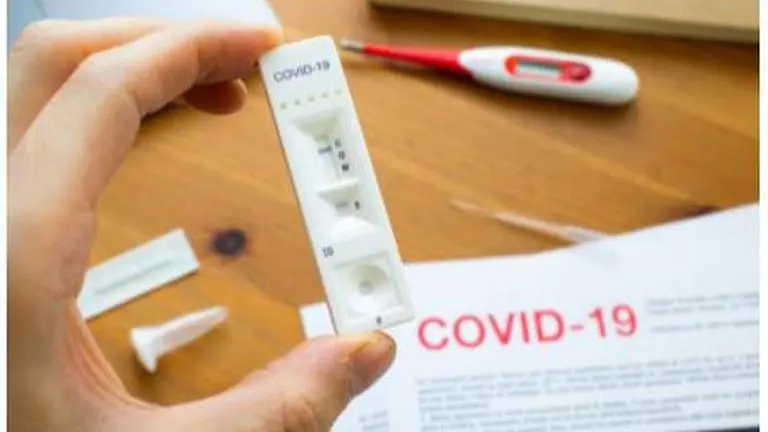Updated 27 October 2020 at 12:06 IST
Asymptomatic COVID-19 patients lose antibodies sooner, says study
A study revealed that asymptomatic coronavirus sufferers lose detectable antibodies sooner than those people who have exhibited COVID-19 symptoms.
- Lifestyle News
- 3 min read

A study led by imperial college London revealed that asymptomatic coronavirus sufferers lose detectable antibodies sooner than those people who have exhibited COVID-19 symptoms. As a part of the study, 365,000 people who were tested in England showed that the response of antibodies to the virus decreases with time. According to the study, finger prick tests that were carried out at home from June 20 to September 28 revealed that the number of people testing positive dropped by 26.5% across the study period from 6 per cent to 4.4 per cent.
Impact of antibodies
Study author, Prof Paul Elliott said, “Our study shows that over time there is a reduction in the proportion of people testing positive for antibodies. Testing positive for antibodies does not mean you are immune to COVID-19. It remains unclear what level of immunity antibodies provide, or for how long this immunity lasts. If someone tests positive for antibodies, they still need to follow national guidelines including social distancing measures, getting a swab test if they have symptoms and wearing face coverings where required”.
The study suggested that the downward trend was shown in all areas of the country and age groups, but not in health workers. This was because they had repeated and higher exposure to the virus. Also, it was observed that the trend was largest in people aged 75 and above compared to younger people. People with suspected rather than confirmed infection also showed a similar trend and this indicated that the impact of antibodies varies by age and severity of illness.
The study was conducted using finger prick testing to detect coronavirus antibodies in the blood. Called as ‘Lateral Flow Tests’, they were used to detect antibodies over a particular concentration and they did not measure the amount of antibodies present in a particular person. Professor Helen Ward, one of the lead authors of the report said, “This very large study has shown that the proportion of people with detectable antibodies is falling over time. We don’t yet know whether this will leave these people at risk of reinfection with the virus that causes COVID-19, but it is essential that everyone continues to follow guidance to reduce the risk to themselves and others”.
Advertisement
The study was conducted across England and all the parts showed a downward trend except the West Midlands which increased in round 2 and then declined in round 3. As per the study, London has maintained the highest prevalence of antibodies with a total of 9 per cent testing positive in round 3.
Advertisement
Health Minister Lord Bethell said, “This study led by Imperial and Ipsos MORI is a critical piece of research, helping us to understand the nature of COVID-19 antibodies over time, and improve our understanding about the virus itself. We rely on this kind of important research to inform our continued response to the disease, so we can continue to take the right action at the right time”. He added, “Regardless of the result of an antibody test, everyone must continue to comply with government guidelines including social distancing, self-isolating and getting a test if you have symptoms and always remember Hands, Face, Space”.
(Image Credits: imperial.ac.uk)
Published By : Akanksha Arora
Published On: 27 October 2020 at 12:07 IST
